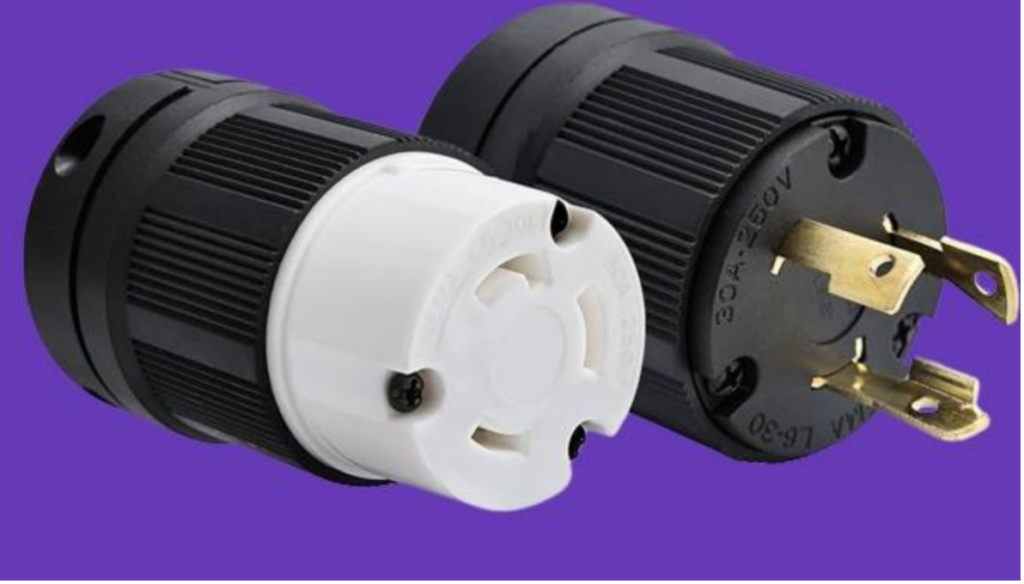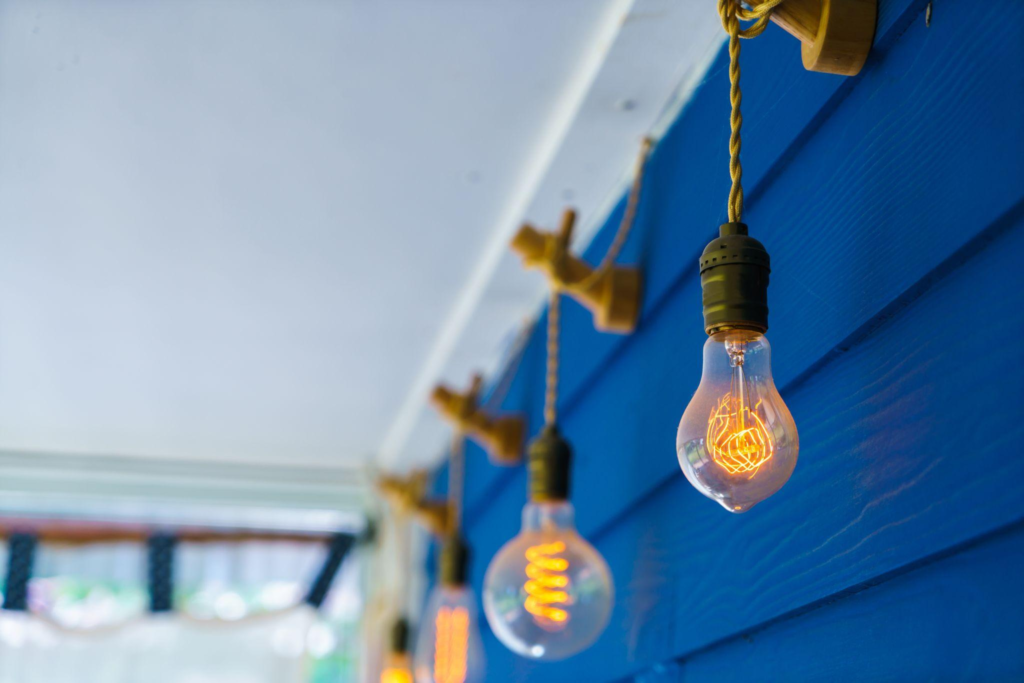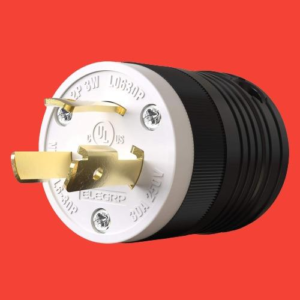Outline
- Introduction
- What are NEMA Interfaces
- The Impact of Surges on Lighting Systems
- Methods to Enhance Surge Protection for NEMA Interfaces
- Surge Protection Devices (SPDs)
- Proper Grounding and Bonding
- Shielded Cables and Connectors
- Regular Maintenance and Inspection
- Advanced Control Systems
- Enhancing Durability and Safety Of NEMA Lighting Systems
- Final Words
Whether it’s streets, industrial facilities, or commercial spaces, well-functioning lighting systems are crucial for all landscapes. NEMA interfaces, the cornerstone components of these lighting systems, offer standardized connectors that facilitate the effective operation of lighting controllers.
However, NEMA light controllers are highly vulnerable to power surges. This means unforeseen power surges can disrupt these systems, leading to operational downtime and potential safety hazards. They can further damage components, reduce the lifespan of lighting equipment, and increase maintenance costs.
Thus, this article addresses the critical role of surge protection in safeguarding lighting control systems, particularly those employing NEMA interfaces.

What are NEMA Interfaces
NEMA is an international organization. It establishes standards for plugs and connectors used in various industries, including the lighting industry. Basically, a NEMA interface is a bridge that facilitates the connection between the power source and a lighting controller.
Several types of NEMA interfaces are commonly used in the lighting industry. Two popular types are the NEMA L6-30 and the NEMA 5-15Ra. L6-30 is a twist-lock connector that is commonly used in outdoor applications due to its durability, while 5-15R is a standard wall outlet mostly employed for lower-wattage lighting systems.
The applications for NEMA interface lighting controllers are diverse. They play a vital role in:
- Street lighting: NEMA interfaces ensure reliable power delivery and control for expansive street lighting networks, enabling features like dimming and automated scheduling.
- Industrial and commercial lighting: In factories and warehouses, NEMA interfaces connect lighting controllers to various lighting fixtures, facilitating efficient control and potential integration with occupancy sensors for energy savings.
- Smart city infrastructure: As cities adopt smart technologies, NEMA interfaces play a role in connecting lighting systems to central management platforms, allowing for remote monitoring, real-time adjustments, and improved energy efficiency.
The Impact of Surges on Lighting Systems
Electrical surges are sudden spikes in voltage current. The primary culprits for this spike are lightning strikes, power grid fluctuations, and during switching operations. These posed threats can be exorbitant for lighting systems. They can damage delicate electronic components within lighting controllers and fixtures, eventually leading to various problems.
- Component damage: Surges can fry circuit boards, transformers, and other sensitive electronics, causing immediate failure.
- Reduced lifespan: In some cases, immediate failure is not necessary. Instead, surges stress components, shortening the lighting equipment’s overall lifespan.
- Increased maintenance costs: Maintenance and repairs always come with some additional cost. So repairs or replacements due to surge damage can make maintenance costs a big burden on your pocket.
All these threats make surge protection critical for safeguarding NEMA interfaces. Effective surge protection increases the lifespan of lighting systems and reduces maintenance and replacement costs. It also enhances overall safety and reliability.
Chiswear products are best to offer an effective shield against surges. You can also contact a Chiswear representative for guidance about surge protection of your specific system.
Methods to Enhance Surge Protection for NEMA Interfaces
Fortunately, multiple effective strategies can be employed to safeguard your NEMA interface lighting systems from power surges.
Below you can find a comprehensive discussion of some of the most common and most effective techniques.

Surge Protection Devices (SPDs)
SPDs could be termed as guardians of your lighting system. Their functioning involves diverting harmful surges away from sensitive electronic components. Selecting the right SPD type for your NEMA interface and ensuring proper installation is crucial for optimal protection. We’ll explore the variety of SPDs suitable for NEMA interfaces, discuss their integration into lighting systems, and highlight the essential standards and certifications to consider when making your choice.
Proper Grounding and Bonding
Proper grounding and bonding practices are also good for bolstering surge damage. Grounding involves creating a low-resistance path for excess voltage. This path leads to current dissipation into the earth, preventing surges from reaching and harming your lighting system’s components.
First, when grounding and bonding, you should connect all the metallic parts of your lighting system to the grounding electrode. All components have a common electrical potential, so avoiding voltage imbalances is crucial. Failure to do so may damage things during surges.
Shielded Cables and Connectors
Surge protection extends beyond just voltage spikes. Shielded cables, featuring conductive layers, act like shields, deflecting electromagnetic interference (EMI) from nearby equipment. This minimizes disruptions to your lighting control system’s delicate signals, ensuring smooth operation.
Selecting shielded cables with appropriate shielding effectiveness for your application is crucial. Additionally, high-quality connectors with robust designs and proper grounding further minimize surge impact by creating a secure and reliable connection point within the system.
Regular Maintenance and Inspection
Proactive maintenance is vital for ensuring your surge protection measures remain effective. Implementing routine checks and maintenance schedules helps identify potential issues before they cause problems.
While most surge protection devices (SPDs) don’t require frequent testing, regular visual inspections can reveal physical damage or loose connections. Additionally, a noticeable decline in lighting performance or flickering lights could indicate a failing SPD.
By incorporating these checks into your maintenance routine, you can catch potential problems early on and maintain optimal surge protection for your NEMA interface lighting system.
Advanced Control Systems

For enhanced protection, consider integrating smart control systems with your NEMA interface lighting. These systems offer real-time monitoring capabilities, allowing you to track voltage fluctuations and identify potential surges before they cause damage. Moreover, advanced systems can integrate automated shutdown and recovery features.
During a surge event, the system can automatically shut down the lighting circuit, safeguarding components. Once the surge passes, the system can initiate a controlled restart, minimizing
downtime and maximizing system uptime.
Enhancing Durability and Safety Of NEMA Lighting Systems
Beyond surge protection, consider these practices to bolster your NEMA interface lighting system’s durability and safety:
- Regularly inspect NEMA interfaces for signs of wear or corrosion.
- Maintain a clean and dry environment around the interfaces to prevent moisture buildup.
- Schedule periodic maintenance for the entire lighting system to identify and address minor issues before they escalate.
- For optimal safety and performance, consider the professional installation of NEMA interfaces and lighting control systems.
Final Words
Protecting NEMA interface lighting controllers from surges is essential for maintaining reliable and long-lasting lighting systems. For high-quality surge protection solutions, consider Chiswear products, designed to provide superior durability and efficiency for your lighting needs.






